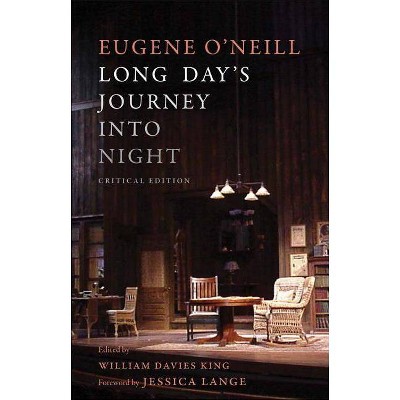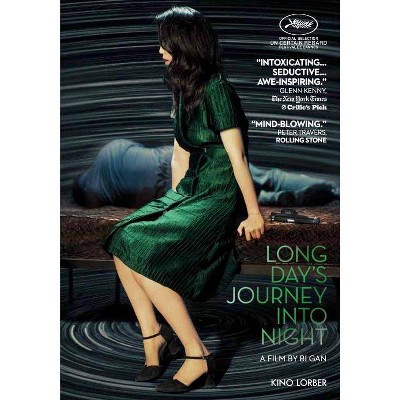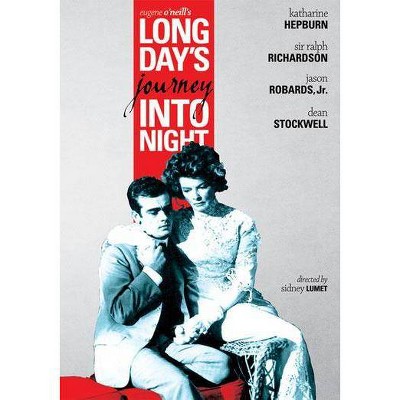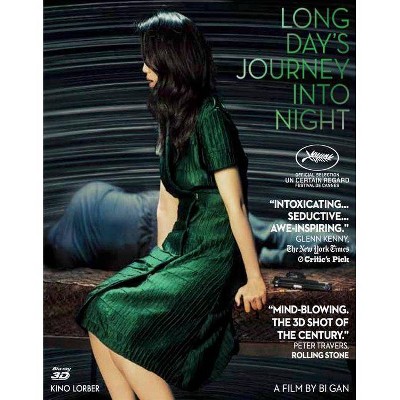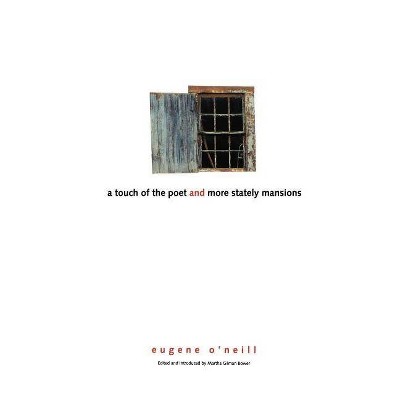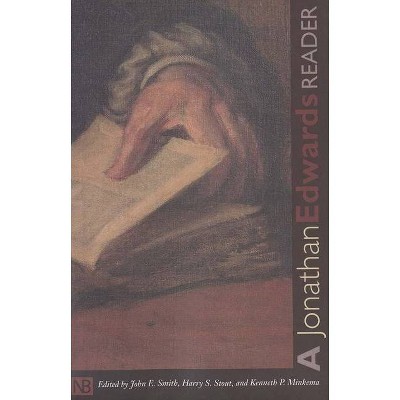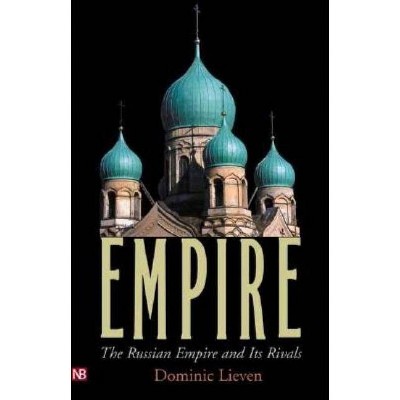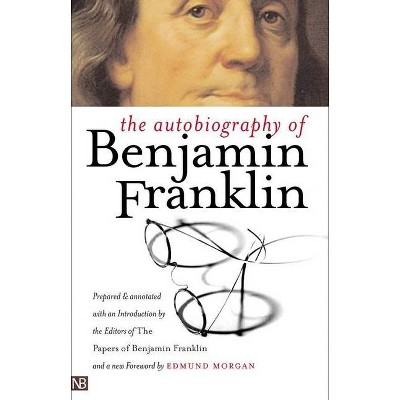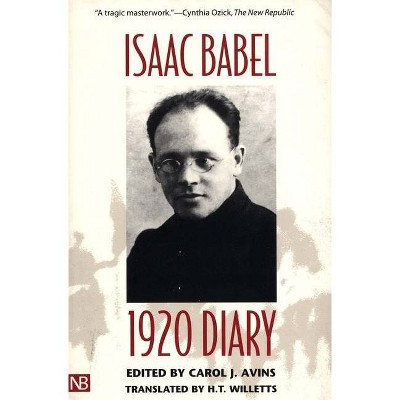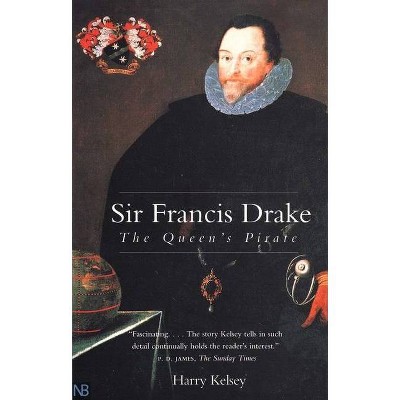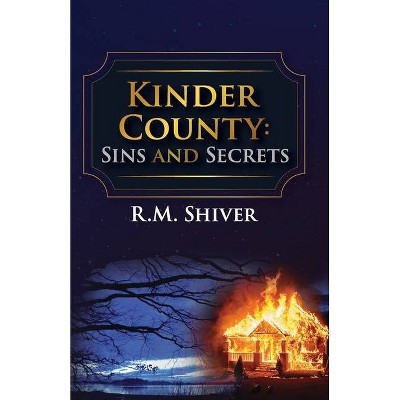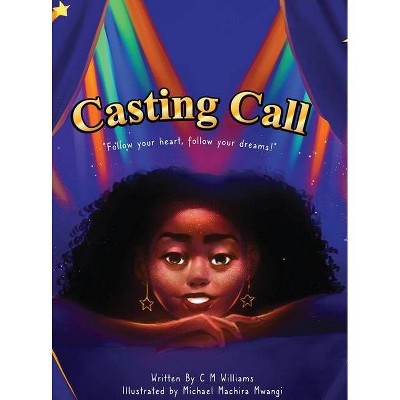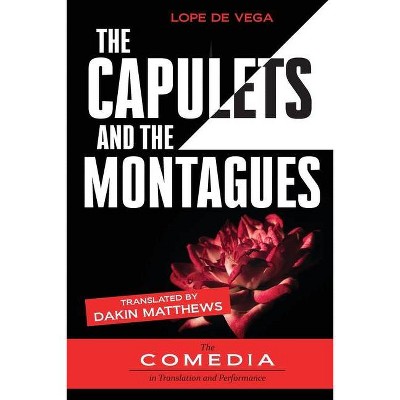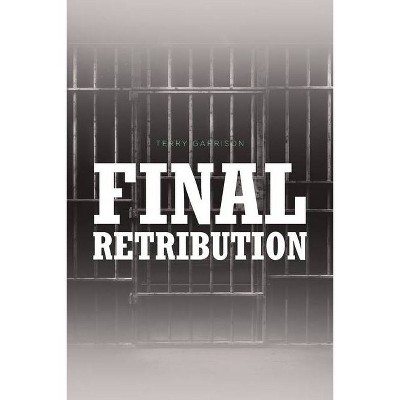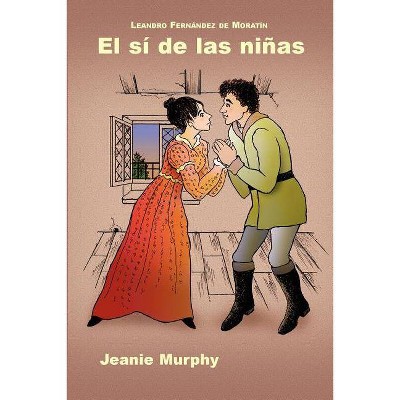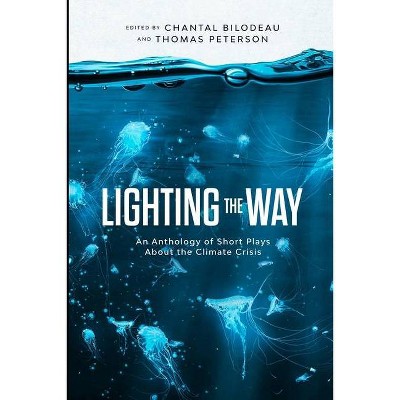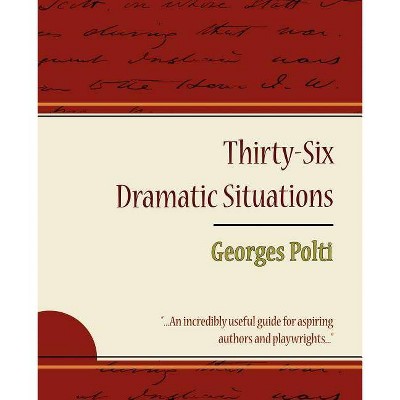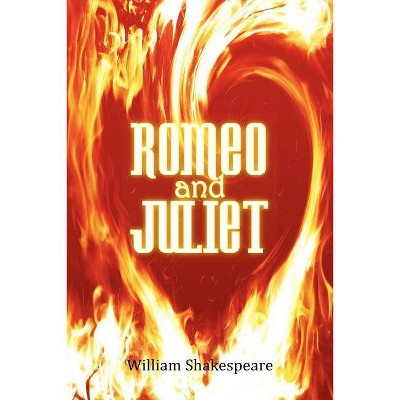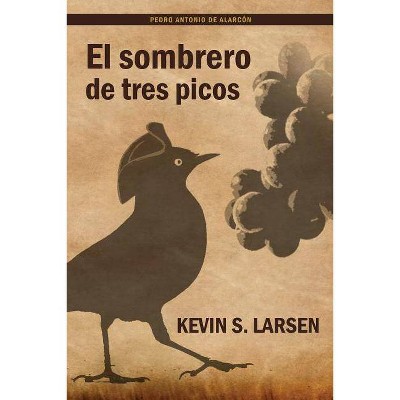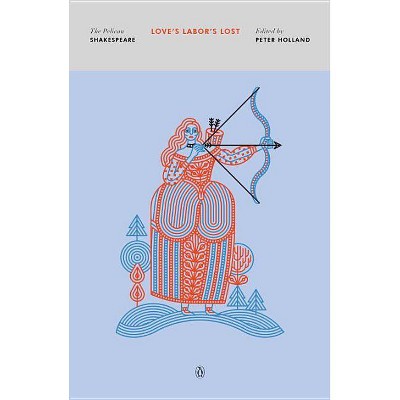Long Day's Journey Into Night - (Yale Nota Bene) 2nd Edition by Eugene O'Neill (Paperback)
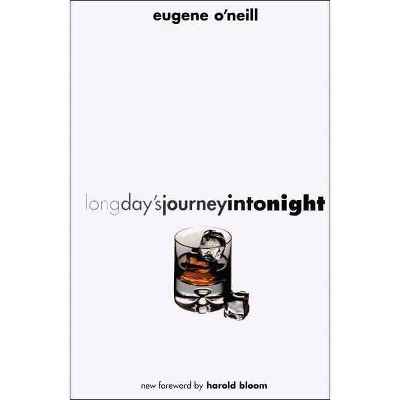
Similar Products
Products of same category from the store
AllProduct info
<p/><br></br><p><b> About the Book </b></p></br></br>Eugene O'Neill's autobiographical play "Long Day's Journey into Night" is regarded as his finest work. First published by Yale University Press in 1956, it won the Pulitzer Prize in 1957 and has sold more than one million copies. This edition includes a new foreword by Harold Bloom, and coincides with a new production of the play starring Brian Dennehy, opening in Chicago and in New York in 2002.<p/><br></br><p><b> Book Synopsis </b></p></br></br><b>"The definitive edition" (<i>Boston Globe</i>) of Eugene O'Neill's Pulitzer Prize-winning masterpiece</b> <p/> Eugene O'Neill's autobiographical play <i>Long Day's Journey into Night</i> is regarded as his finest work. First published by Yale University Press in 1956, it won the Pulitzer Prize in 1957 and has since sold more than one million copies. This edition includes a foreword by Harold Bloom. <p/> "By common consent, <i>Long Day's Journey into Night </i>is<i></i>Eugene O'Neill's masterpiece. . . . The helplessness of family love to sustain, let alone heal, the wounds of marriage, of parenthood, and of sonship, have never been so remorselessly and so pathetically portrayed, and with a force of gesture too painful ever to be forgotten by any of us."--Harold Bloom, from the foreword <p/> "Only an artist of O'Neill's extraordinary skill and perception can draw the curtain on the secrets of his own family to make you peer into your own. <i>Long Day's Journey into Night</i> is the most remarkable achievement of one of the world's greatest dramatists."--Jose Quintero <p/> "The play is an invaluable key to its author's creative evolution. It serves as the Rosetta Stone of O'Neill's life and art."--Barbara Gelb<p/><br></br><p><b> Review Quotes </b></p></br></br><br><p>"The restoration of several previously missing lines of dialogue and stage direction likely make this the definitive edition of a 'play of old sorrow, written in tears and blood, ' as O'Neill described it in dedicating it to his wife, Carlotta."--<i>Boston Globe</i></p> <p/><p>"Drawing upon recent textual scholarship, the sixty-first printing of the Yale edition incorporates missing lines of dialogue accidentally dropped by O'Neill's wife Carlotta as she retyped."--<i>American Literature</i></p> <p/><p>Attractive frontispiece. Recommended for all college and university libraries.--<i>Choice</i><br></p> <p/>"No play Eugene O'Neill ever wrote speaks more eloquently to the reader. . . . Certainly no one, henceforth, will write of this other plays without remembering this, his most revealing of himself."--Lewis Gannett, <i>New York Herald Tribune</i> <p/> <br>I think he wrote it as an act of forgiveness. Not as a pontifical forgiveness, mind you, not as absolution for the harm that had been done to him. That he was damaged by his family is only a fact now, a piece of truth to be but down out of respect of the whole truth; there is no residual rancor. He seems to be asking forgiveness for his own failure to know his father, mother, and brother well enough at a time when the need for understanding was like an upstairs cry in the night; and to be reassuring their ghosts, wherever they may be, that he knows everything awful that they have done, and loves them.--Walter F. Kerr, <i>New York Herald Tribune</i> <p/> <br>Winner of the 1957 New York Drama Critics Circle Award given by the New York Drama Critics' Circle <p/> <br>Winner of the 1957 Pulitzer Prize in Drama <p/> <br><p>"<i>Long Day's Journey Into Night</i> has long since become a classic not only of the American stage, but of universal theater. And apart from its secure place in literature, the play is an invaluable key to its author's creative evolution. It serves as the Rosetta Stone of O'Neill's life and art."--Barbara Gelb</p> <p/><p>Only an artist of O'Neill's extraordinary skill and perception can draw the curtain on the secrets of his own family to make you peer into your own. <i>Long Day's Journey Into Night</i> is the most remarkable achievement of one of the world's greatest dramatists.--Jose Quintero<b> </b><br></p> <p/>"<i>Long Day's Journey</i> is O'Neill's last, most realized play, a grand act of mercy upon his family and his own life."--Arthur Miller <p/>"The helplessness of family love to sustain, let alone heal, the wounds of marriage, of parenthood, and of sonship, have never been so remorselessly and so pathetically portrayed, and with a force of gesture too painful ever to be forgotten by any of us."--Harold Bloom, from the Foreword <p/><br><p/><br></br><p><b> About the Author </b></p></br></br><b>Eugene O'Neill</b> (1888-1953), the father of American drama, won the Pulitzer Prize for Drama four times and was awarded the Nobel Prize for Literature in 1936. <b>Harold Bloom</b>, Sterling Professor of Humanities at Yale University and Berg Professor of English at New York University, is the author of many books, including <i>The Western Canon, The Anxiety of Influence </i>and, most recently, <i>How to Read and Why. </i><br>
Price History
Price Archive shows prices from various stores, lets you see history and find the cheapest. There is no actual sale on the website. For all support, inquiry and suggestion messagescommunication@pricearchive.us
